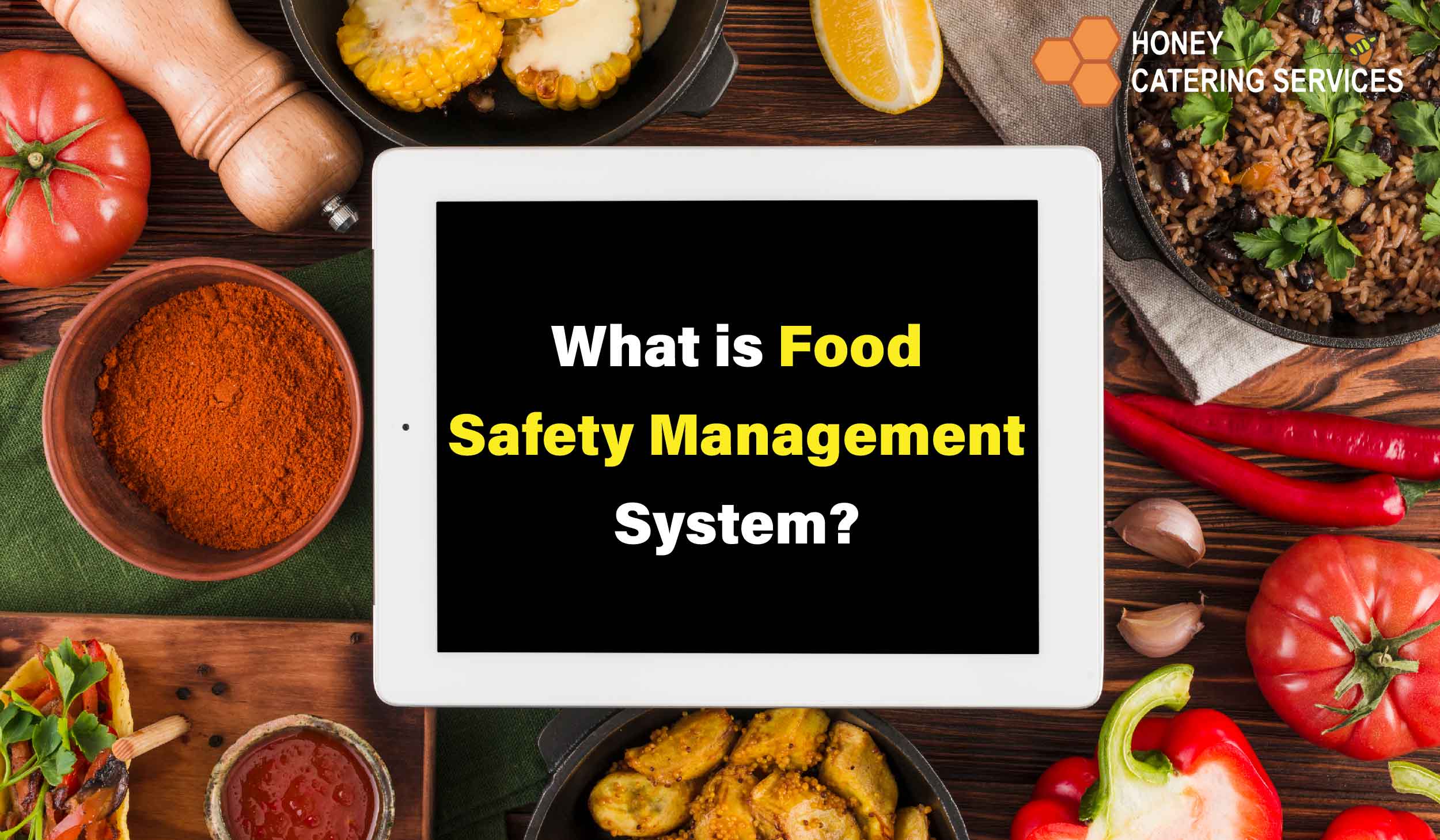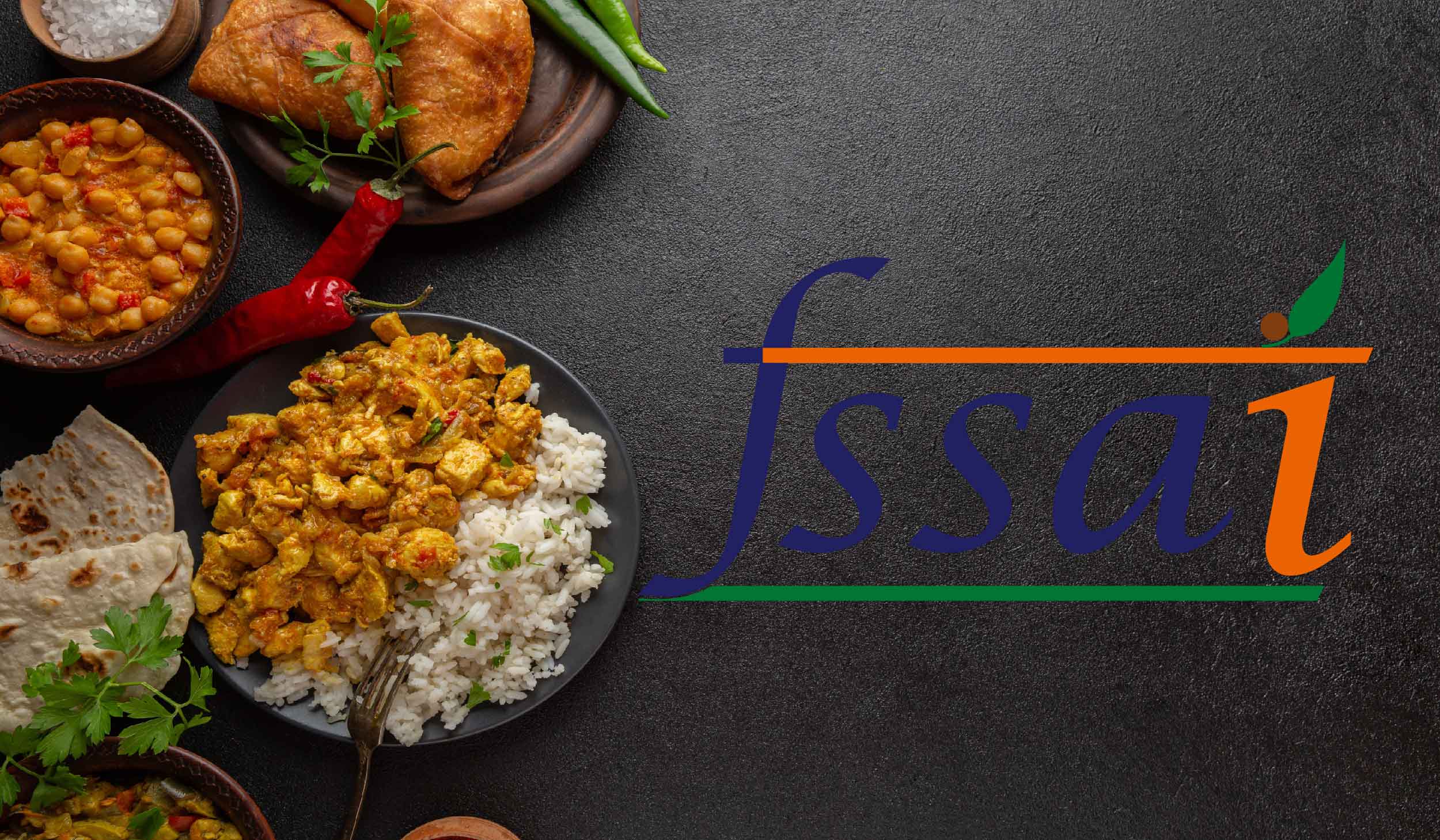What is Food safety?
Food safety and Food safety definition refers to the practices and conditions necessary to ensure that food is safe to consume. It encompasses a wide range of activities and protocols designed to prevent foodborne illnesses and contamination at every stage of the food production and consumption process. Key aspects of food safety include hygiene, proper cooking, storage, avoiding cross-contamination, sourcing ingredients from reputable suppliers, proper handling, and adhering to local and international food safety regulations.
A critical element in maintaining food safety is the implementation of a Food Safety Management System (FSMS), which systematically manages food safety hazards and ensures compliance with regulatory requirements.
Key aspects of food safety include:
- Hygiene: It is the process of maintaining cleanliness in food preparation areas, personal hygiene of food handlers, and sanitation of equipment and utensils.
- Proper Cooking: Ensuring food is cooked to the correct temperature to kill harmful bacteria and pathogens.
- Storage: Storing food at appropriate temperatures to prevent the growth of harmful microorganisms. This includes refrigeration for perishable items and proper sealing of dry goods.
- Avoiding Cross-Contamination: Keeping raw and cooked foods separate, using different cutting boards and utensils for different types of food, and thoroughly cleaning surfaces and equipment.
- Sourcing: Using ingredients from reputable suppliers who follow good food safety practices.
- Handling: Proper handling of food during preparation, serving, and packaging to prevent contamination.
- Regulations: Adhering to local and international food safety standards and regulations set by authorities such as the FDA (Food and Drug Administration) or the WHO (World Health Organization).
Following these practices helps to ensure that food is safe, nutritious, and suitable for consumption, thereby protecting public health and preventing foodborne illnesses.
What is a Food Safety Management System (FSMS)?
To guarantee that every food is safe for consumption, a food industry can regulate the usage of various food safety hazards using a systematic technique called a Food Safety Management System (FSMS). It incorporates various processes, policies, and procedures designed to prevent, eliminate, or reduce food safety hazards to acceptable levels.
Key components of an FSMS include:
1. Hazard Analysis and Critical Control Points (HACCP)
The Hazard Analysis and Critical Control Point System (HACCP) is a methodical approach to food safety that detects potential physical, chemical, and biological dangers or hazards in production processes. It designs measurements to reduce these risks to safe levels.
The HACCP system includes:
- Conducting a hazard analysis
- Identifying critical control points (CCPs)
- Establishing critical limits for each CCP
- Monitoring procedures for CCPs
- Corrective actions
- Verification procedures
- Record-keeping and documentation
2. Good Manufacturing Practices (GMP)
GMP guarantees that goods are continuously manufactured and monitored in compliance with quality requirements. Key aspects include:
- Hygiene and cleanliness
- Controlled environmental conditions
- Standard operating procedures (SOPs)
- Staff training and personal hygiene
- Equipment maintenance and calibration
3. ISO 22000
The international standard- ISO 22000 lays forth the specifications needed to create a food safety management system. It integrates the principles of the HACCP system and covers all organizations in the food chain.
Key elements include:
- Interactive communication
- System management
- Prerequisite programs
- HACCP principles
4. Food Safety Policies and Procedures
Clearly defined policies and procedures help ensure all employees understand their roles in maintaining food safety. Clearly defined policies and procedures, aligned with FSSAI guidelines, help ensure all employees understand their roles in maintaining food safety.
This includes:
- Food handling procedures
- Cleaning and sanitation protocols
- Allergen management
- Supplier verification and approval
5. Training and Competence
Regular training ensures all employees are knowledgeable about food safety practices and their importance.
Training programs should cover:
- Basic food safety principles
- Specific procedures related to the employees’ roles
- Updates on new regulations and best practices
6. Documentation and Record-Keeping
Accurate and comprehensive documentation is crucial for tracking food safety practices and demonstrating compliance with regulations.
This includes:
- Monitoring records
- Corrective action logs
- Supplier audits and approvals
- Training records
7. Continuous Improvement
Regular audits and reviews of the FSMS help identify areas for improvement.
This includes:
- Internal audits
- Management reviews
- Customer feedback and complaint handling
- Updates to procedures based on new information or technology
Benefits of an FSMS
- Reduced Risk of Foodborne Illness: By systematically managing food safety risks, an FSMS helps prevent contamination and outbreaks.
- Regulatory Compliance: An FSMS ensures compliance with local and international food safety regulations.
- Enhanced Reputation: Demonstrating a commitment to food safety can enhance a business’s reputation and consumer trust.
- Operational Efficiency: Standardized procedures and regular training can lead to more efficient operations and reduced waste.
- Market Access: Many retailers and food service providers require suppliers to have an FSMS in place, opening up more market opportunities.
Implementing a robust Food Safety Management System is essential for any organization involved in the food industry to ensure the safety and quality of its products and to protect public health.
FSSAI and Food Safety Officer: A Brief Overview
Food safety is a critical concern that encompasses various practices and protocols to ensure the safety and quality of food. An integral part of this ecosystem is the Food Safety Management System (FSMS), which systematically controls food safety hazards. Additionally, in India, the Food Safety and Standards Authority of India (FSSAI) plays a pivotal role in regulating food safety. Supported by Food Safety Officers (FSOs), FSSAI ensures that food businesses adhere to stringent safety standards and practices.
FSSAI (Food Safety and Standards Authority of India: The Food Safety and Standards Authority of India (FSSAI) is the apex body responsible for regulating and supervising food safety in India. Established under the Food Safety and Standards Act, 2006, FSSAI’s primary objective is to protect and promote public health by ensuring the availability of safe and wholesome food for consumption.
Food Safety Officer (FSO): A Food Safety Officer (FSO) is a designated authority responsible for enforcing food safety regulations and standards at the ground level. FSOs play a critical role in ensuring that food businesses comply with the guidelines set by FSSAI.
[Read more about FSSAI and the role of Food Safety Officers here.]
Why is Food Safety important?
Food safety is essential in every kitchen environment, whether at home, in a hotel, or in a catering service, for several crucial reasons:
- Public Health Protection: Ensuring food safety prevents foodborne illnesses, which can lead to severe health issues, hospitalizations, and even death. Contaminated food can carry harmful bacteria, viruses, parasites, or chemical substances that pose serious health risks.
- Consumer Confidence: In commercial settings like hotels and catering services, maintaining high food safety standards builds trust with customers. When consumers feel confident that their food is safe, they are more likely to return and recommend the service to others.
- Regulatory Compliance:.Adherence to food safety regulations is mandatory in professional kitchens to avoid legal issues, fines, and potential shutdowns. These regulations apply to all food preparation environments, ensuring a consistent standard of safety.
- Business Reputation: Food safety is integral to the reputation of any food-related business. Food safety incidents can cause significant harm to a business’s image, leading to loss of customers and revenue. On the other hand, a strong commitment to food safety enhances the business’s reputation.
- Economic Impact: Foodborne illnesses can lead to significant economic losses due to healthcare costs, lost productivity, and food recalls. Ensuring food safety helps mitigate these financial risks.
- Global Trade and Standard: For food businesses engaged in international trade, meeting food safety standards is essential. Compliance with global food safety regulations facilitates smoother trade relations and market access.
- Home Safety: In home kitchens, food safety is equally important to protect family members from foodborne illnesses. Practicing good hygiene, proper storage, and correct cooking methods ensures the health and safety of everyone in the household.
Conclusion
At Honey Catering, we prioritize food safety to ensure that every dish we serve is not only delicious but also safe for consumption. We adhere strictly to our Food Safety Management System (FSMS), which incorporates best practices such as Hazard Analysis and Critical Control Points (HACCP) and Good Manufacturing Practices (GMP), as outlined by FSSAI standards. By implementing rigorous hygiene standards, proper food handling procedures, and continuous staff training, we are committed to protecting public health and maintaining the highest quality in our catering services.
Also Read: 10 Essential Food Safety Measurements for Catering Services
Honey Catering follows stringent food safety measures and ensures that all catering works are performed perfectly in accordance with the FSMS and FSSAI guidelines. Our adherence to these food safety protocols guarantees that Honey Catering delivers impeccable catering services for any event, ensuring the well-being and satisfaction of our clients.



